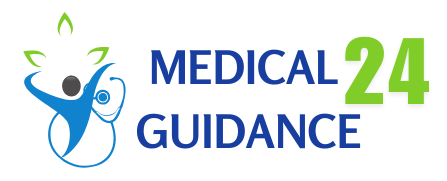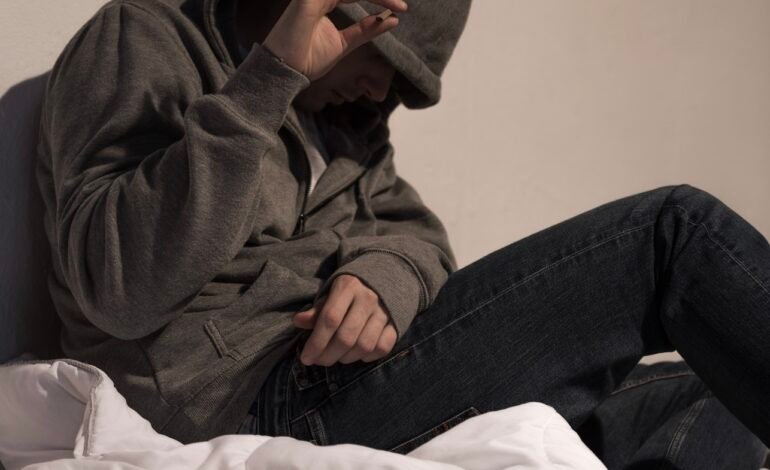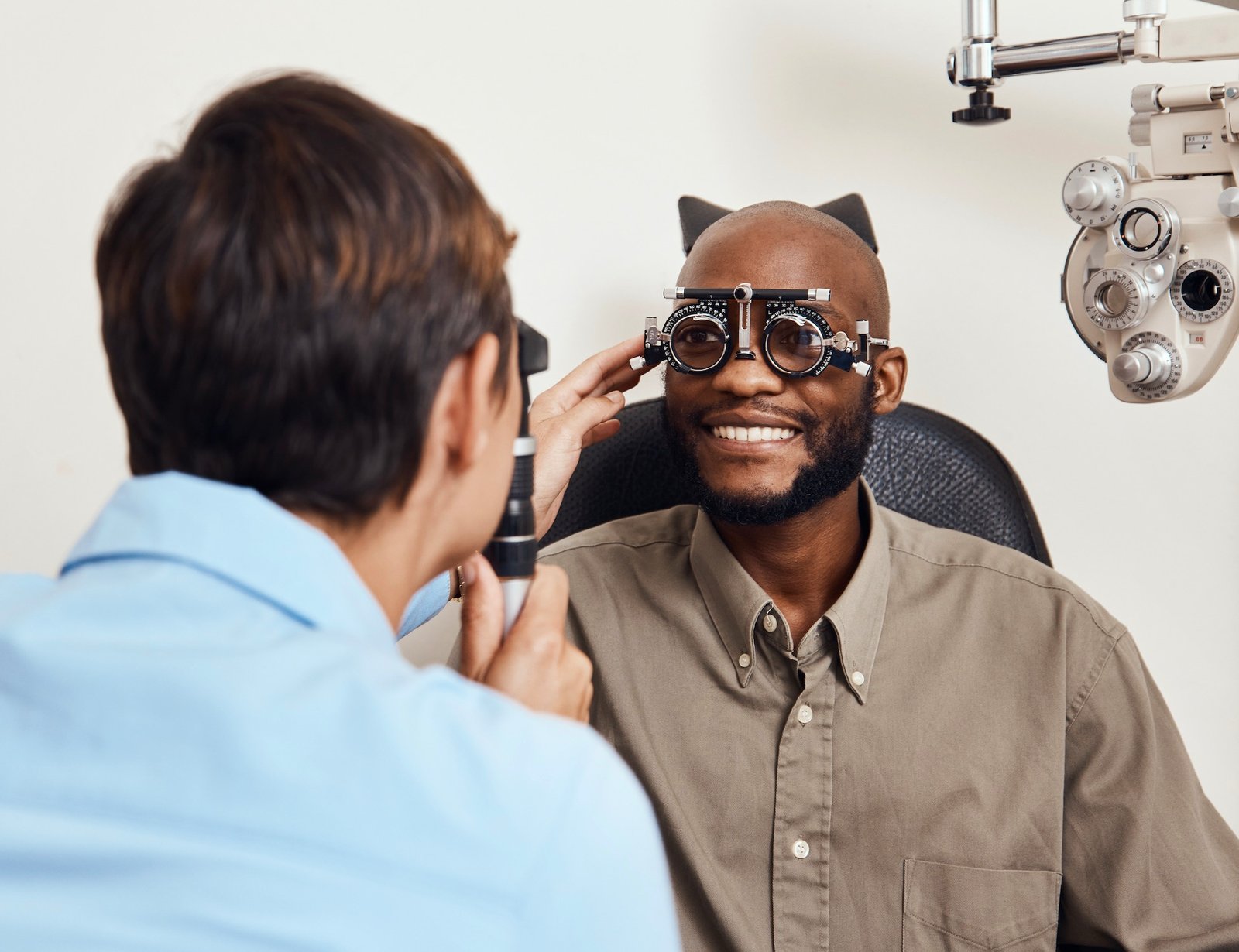The Importance of Educating Young People on Risky Behaviors

What is the Importance of Educating Young People on Risky Behaviors?
Educating young people on risky behaviors is crucial as it helps them make informed decisions, reduces the likelihood of negative health outcomes, and promotes overall well-being.
By understanding the potential consequences of their actions, young people can avoid behaviors that might harm themselves or others.
Understanding the Consequences
One of the primary reasons for educating young people about risky behaviors is to help them understand the potential consequences. Risky behaviors such as smoking, alcohol and drug use, unsafe sexual practices, and reckless driving can have severe health and social repercussions. Knowledge about these risks empowers young people to make safer choices. For example, informing teenagers about the long-term health effects of smoking, such as lung cancer and heart disease, can deter them from starting this harmful habit.
Reducing Negative Health Outcomes
Comprehensive education on risky behaviors can significantly reduce negative health outcomes. By providing accurate information and practical strategies for avoiding risky behaviors, we can prevent many health issues. For instance, sexual education that includes information on contraception and sexually transmitted infections (STIs) helps reduce teenage pregnancies and the spread of STIs. Similarly, programs that educate on the dangers of drug use can lower the rates of substance abuse and its associated health problems.
Promoting Overall Well-being
Educating young people about risky behaviors not only addresses immediate health concerns but also promotes long-term well-being. By fostering a sense of responsibility and self-awareness, education helps young people develop healthier lifestyles and positive coping mechanisms. For example, teaching stress management techniques can prevent young people from resorting to alcohol or drugs to cope with anxiety or depression. Encouraging healthy relationships and communication skills can also reduce instances of violence and abuse.
Empowering Informed Decision-Making
Knowledge is power, and by educating young people about risky behaviors, we empower them to make informed decisions. Critical thinking and decision-making skills are essential for navigating the complexities of adolescence and adulthood. For example, understanding the risks of unprotected sex enables young people to make informed choices about contraception and consent. Awareness of the dangers of impaired driving can lead to more responsible behavior behind the wheel, reducing accidents and fatalities.
Encouraging Peer Education and Support
Young people often look to their peers for guidance and support. Educating them about risky behaviors creates a ripple effect, where informed individuals can influence and educate their friends. Peer education programs have been shown to be particularly effective in promoting healthy behaviors. For instance, young people trained in peer counseling can provide valuable support and information to their peers about mental health, substance abuse, and other issues, fostering a supportive and knowledgeable community.
Educating young people about risky behaviors is essential for their health, safety, and overall development. By understanding the consequences, reducing negative health outcomes, promoting well-being, empowering informed decision-making, and encouraging peer education, we can help young people navigate the challenges of adolescence and make healthier choices. This comprehensive approach not only benefits individuals but also contributes to the well-being of the community as a whole. Whether it’s through school programs, community initiatives, or family discussions, educating young people on risky behaviors is a vital investment in their future and our collective health!





